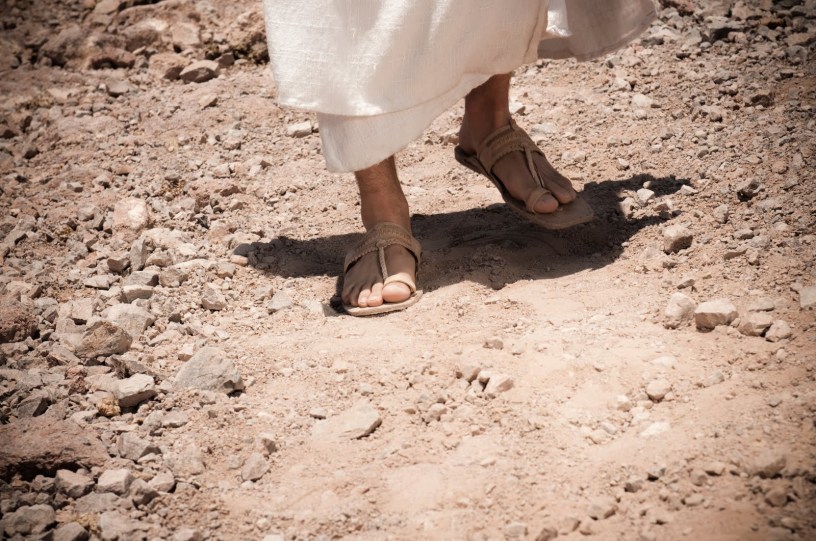Enjoying intimacy with God involves walking in the Spirit. And walking in the Spirit MUST involve gaining victory over the flesh. It’s not a life of no longer being tempted. It is a life of overcoming temptation.
The following is entirely from J. Oswald Sanders; a passage I read this morning that I thought I should share:
The key is not the mere damming back of the temptation, only for it to break out once again, worse than ever. It is the counteraction operation of a higher and more powerful law. The principle [can be] powerfully illustrated in the Greek myths of Ulysses and the sirens, and Jason and the Argonauts.
When Ulysses and his men set out on their journey of conquest, they were warned by Circe to avoid the sirens at all costs. She told them that the sirens’ voices were alluring but fatal to all who stopped to listen. The unfortunate listeners became rooted like a tree and could not tear themselves away, until they died of hunger.
“Fill your companions’ ears with wax” she counseled. “If you yourself want to listen to their song, first let your men bind you securely to the mast.” Ulysses heeded her advice. “If the melody beguiles me,” he ordered them, “I charge you, disobey my word, and bend more strongly to your oars.”
At length Ulysses heard the beautiful strains that stole into his mind, overpowered his body, and overcame his will. As the music came sweeter and sweeter, Ulysses’ love for home weakened. He struggled with his shame, but at last the bewitching voices of the sirens prevailed.
“Loose me and let me stay with the sirens!” he raged. He threatened and entreated… He raged and tore at his bonds, for it was agony for him to leave the spot. But not until the last sound of music died away did they loose him. He had passed out of the zone of temptation.
Jason with his Argonauts set out in search of the Golden Fleece. Medea warned Jason and his men of the menace of the sirens, as they began to hear their bewitching strains. All around they could see the shore strewn with the bones of those who had succumbed to the sirens’ charms.
On board the boat was Orpheus, the king of minstrels. “Let them match their songs with mine,” he challenged the three maidens whom they could see, and whose silvery voices stole over the moonlit waters…The oars of Jason’s heroes fell from their hypnotized hands.
“Sing louder! Wake up these sluggards!” Medea cried to Orpheus. Orpheus struck his skillful hand over the strings of his lyre, and his voice rose like a trumpet. The music penetrated the souls of the infatuated men, and their souls thrilled. Orpheus kept on singing until his voice completely drowned the voices of the sirens. Once again the Argonauts took up their oars, and Jason and his men sailed to victory.
“Sing the song again, Orpheus,” they cried. “We will dare and suffer to the last.”
* * *
These stories strikingly illustrate two possible ways of gaining victory over the desires of the flesh. One is the way of negations and prohibitions. They are of some help and have their place. Ulysses was bound, otherwise he would have yielded to the cravings of his heart. His men had wax in their ears, or they too would have yielded. But it is an incontrovertible fact that to concentrate the mind on the desires of the flesh, if only to conquer them, seems to intensify the desires.
How much better is the Orphean music than the Ulyssian wax! With the heavenly Orpheus on board, as we listen to His heavenly music, the voices of the sirens lose the power of their appeal, and our spirits are set free.
It is all a matter of who is in control of the life. The self-life with its unlawful desires and tendencies is the citadel of the fleshly principle, and will continue to dominate until it is consigned to the cross. Paul wrote: “Those who belong to Christ Jesus have crucified the flesh with its passions and desires” (Gal 5:24). That is involved in walking by the Spirit and results in our emancipation from yielding to the desires of the flesh.
– – –
Sanders, J. Oswald. Enjoying Intimacy with God “Walking in the Spirit”










